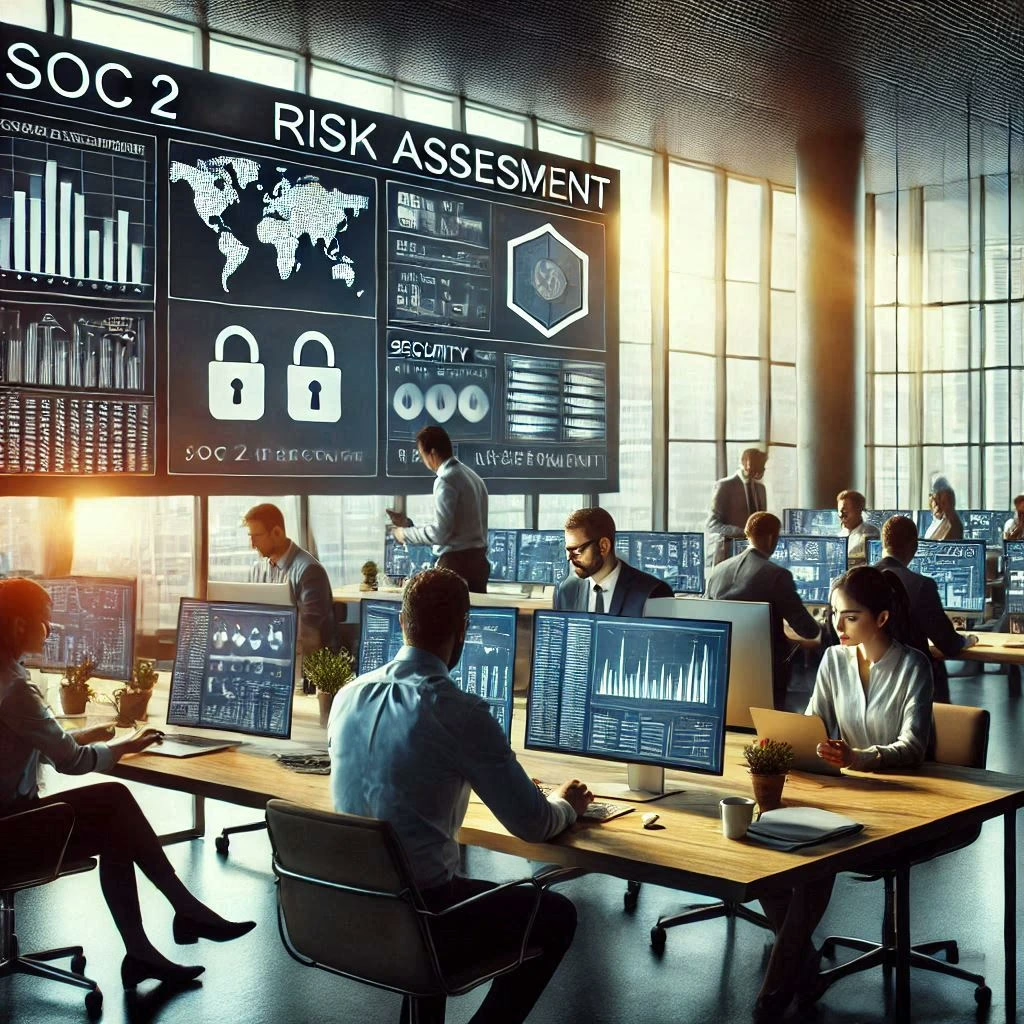Internal auditing is an independent, objective assurance and consulting activity designed to add value and improve an organization’s operations. It brings a systematic, disciplined approach to evaluate and enhance the effectiveness of risk management, control, and governance processes. Internal auditors assess various aspects, including emerging technologies, global issues, ethics, quality, economy, and efficiency. Their goal is to ensure that internal controls are adequate to mitigate risks and that governance processes are effective and efficient. In summary, internal audit plays a crucial role in helping organizations achieve their objectives by ensuring effective risk management, strong controls, and sound governance processes.

Leveraging Technology - Tools for Effective SOC 2 Risk Assessment
In today's digital landscape, ensuring the security and integrity of customer data is paramount for service organizations. The SOC 2 (System and Organization Controls 2) framework provides a robust structure…

The Future of ISO 27001 Auditing - Innovations and Technologies to Watch
Introduction to ISO 27001 Auditing ISO 27001 is an internationally recognized standard that provides a comprehensive framework for establishing, implementing, maintaining, and continually improving an Information Security Management System (ISMS).…

ISO 27001 Audit Preparation - A Checklist for Internal Auditors
Introduction to ISO 27001 Audit ISO 27001 is an internationally recognized standard that outlines the requirements for establishing, implementing, maintaining, and continually improving an Information Security Management System (ISMS). The…
Introduction to ISO 27001 Auditing ISO 27001 is an internationally recognized standard that outlines the requirements for establishing, implementing, maintaining, and continually improving an Information Security Management System (ISMS). This…
Introduction In an era where digital threats are increasingly sophisticated and pervasive, the integration of cybersecurity and corporate security has become essential for effective risk management. This dual approach not…
Introduction to Risk Management in Internal Audit In today's rapidly evolving business landscape, effective risk management is paramount for ensuring corporate security and safeguarding organizational assets. Risk management is defined…

Corporate Governance and Risk Management: Strengthening the Link
Introduction In today's complex business environment, the interplay between corporate governance and risk management has become increasingly critical. Understanding this relationship is essential for board members and corporate secretaries who…

Preparing for SOC 2 Audits Understanding Common Exceptions
Introduction to SOC 2 Audits In today's digital landscape, organizations that handle customer data must prioritize security and compliance to maintain trust and protect sensitive information. One of the key…

Risk Appetite and ERM Aligning Internal Audit Strategies
Introduction Understanding the interplay between risk appetite and Enterprise Risk Management (ERM) is crucial for internal auditors and risk managers. Defining Risk Appetite and ERM: Risk appetite refers to the…

SOC 2 vs. SOX What Every CFO Should Know
Introduction In today's complex financial landscape, compliance with regulatory standards is not just a matter of legal obligation but also a critical component of risk management and organizational integrity. Two…








